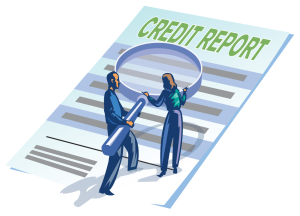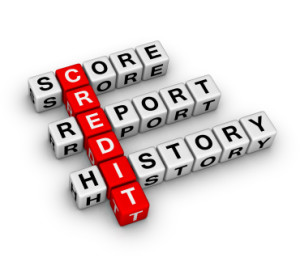 Today’s top story: What you need to know about IRA conversions and college financial aid. Also in the news: Avoiding costly tax mistakes, tips for buying a home when you’re in debt, and five things you didn’t know about a 529 plan.
Today’s top story: What you need to know about IRA conversions and college financial aid. Also in the news: Avoiding costly tax mistakes, tips for buying a home when you’re in debt, and five things you didn’t know about a 529 plan.
Roth IRA Conversions And College Aid: Timing Is Everything
How a conversion could affect your child’s financial aid eligibility.
Ten Tax Tips to Avoid Costly Mistakes
Pay close attention to detail.
2 Strategies for Buying a Home When You’re in Debt
The important questions you need to ask yourself.
5 Secrets You Didn’t Know About A 529 Plan
The sooner you begin saving, the better.
How TransUnion’s IPO Could Affect Your Credit Score
What going public could mean for you.



